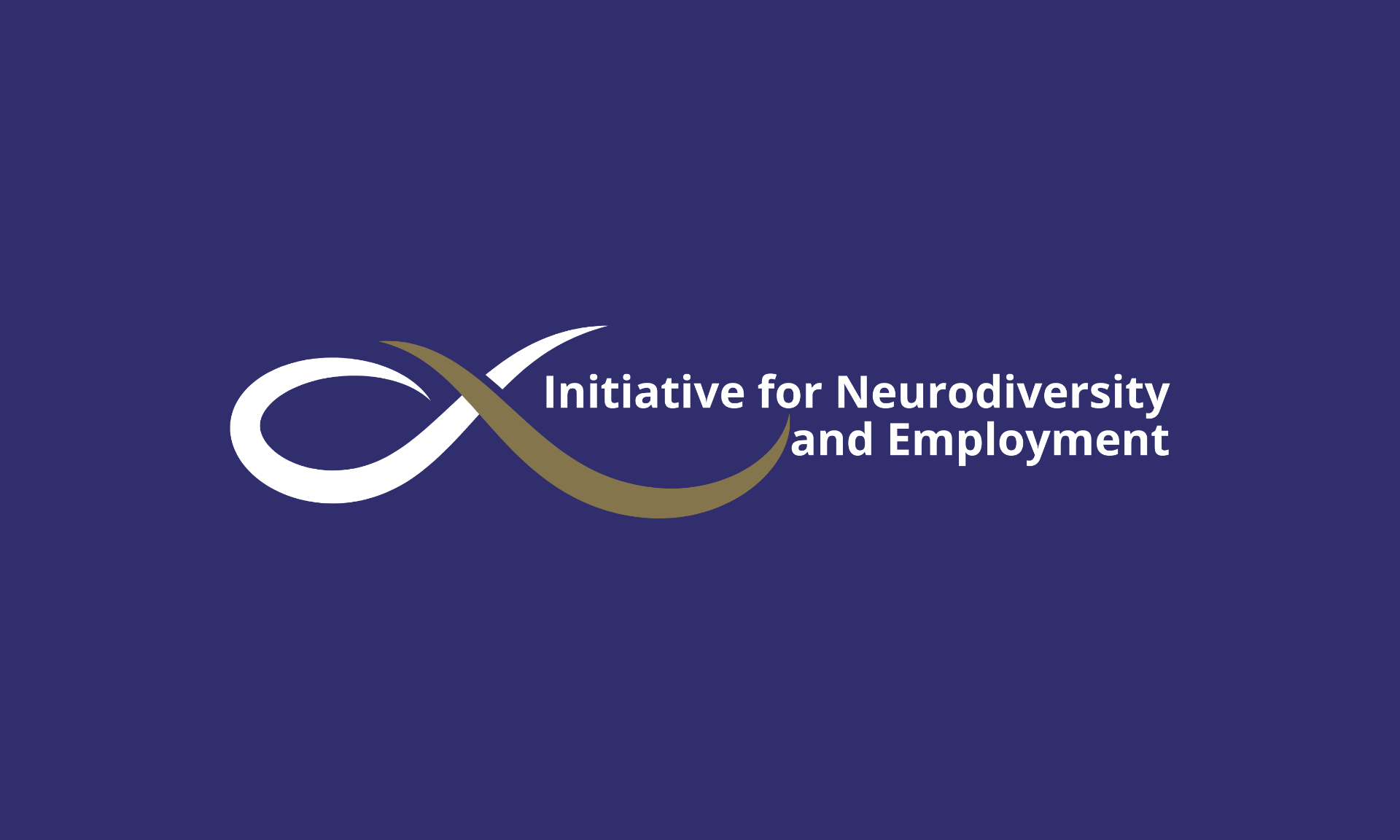Early Literacy Services for Autistic Children and Their Families
In the United States (US) one in thirty-six children is diagnosed with autism. Autistic children often struggle with emergent literacy skills, placing them among some of the most in need of early literacy library services. Despite being uniquely suited to provide early literacy services to autistic children and their families, libraries have been slow to do so. Few current efforts (e.g., Targeting Autism) exist in libraries to provide autism-specific services, e.g., access to information, assistive technology, and autism awareness training for librarians. These efforts provide needed resources for the autism community and librarians but do not sufficiently address early literacy programming for children or their inclusion within the library context. In two recent preliminary studies we conducted, librarians reported that they lacked sufficient training to provide early literacy programming and serve autistic children and their families.
Our project aimed to improve libraries’ capacity to provide early literacy programming to autistic children and their families. We did so by investigating the early literacy needs of autistic children and their families in libraries in order to develop the Autism-Ready Libraries Toolkit (ARLT), which include early literacy programming and training materials to empower librarians to effectively serve autistic children and their families. Our team includes Dr. Hala Annabi (PI), Dr. Michelle Martin (Co-PI), Ms. Milly Romeijn-Stout (lead PhD Research Assistant), Dr. Jill Locke (co-investigator), Ms. Christine Moeller (PhD Research Assistant), and Tara Lanphar (IMLS Research Assistant). This interdisciplinary and diverse group of faculty and doctoral and IMLS students brought their talents, expertise and passion to study and develop early literacy programs for an organizational context inclusive of autistic children and their families. Our efforts improved our understanding of the early literacy needs of autistic children and their families that libraries are in a unique position to provide. Our research resulted in the Autism-Ready Libraries Toolkit (ARLT), which will build capacity in libraries to provide much-needed early literacy programming for autistic children and include them and their families in the library community at large.
Autism-Ready Libraries will have the following broad outcomes and national impacts:
-
- Our study will expand both library and autism literature, addressing the role of libraries in promoting early literacy programming and providing resources for underserved autistic children.
- Build the capacity of public libraries nationwide to welcome and include autistic children and their families by providing autism awareness training specific to the public library context
- Develop integrated early literacy programs for autistic children drawing on Supercharged storytimes, and literacy engagement programs drawing on Dr. Martin’s Camp Read-a-Rama. Such programs will enable libraries to provide equitable access to resources that support lifelong learning for autistic children.
- Developed a publicly available open-sourced toolkit for libraries across the nation, especially low-resourced rural libraries, to improve the lifelong learning of autistic children alongside their neurotypical peers.
The ARLT includes librarian training modules, sensory audit checklists, and storytime lesson plans. We provided participating librarians first access to the Autism-Ready Libraries toolkit as part of our design and assessment phase with our library partners. It was deployed in partner libraries, assessed by librarians nationwide through focus groups, and will be publicly accessible via the UW and ALSC websites to libraries nationwide. We will also conduct in-person training workshops at ALA and regional library conferences for greater national impact. This project is made possible by the Institute of Museum and Library Services [IMLS grant number: LG-245061-OLS].
Visit the Autism-Ready Libraries Toolkit by clicking on the icon below.
- Identity-first language is preferred by autistic self-advocates and their allies (https://autisticadvocacy.org/about-asan/identity-first-language/)


